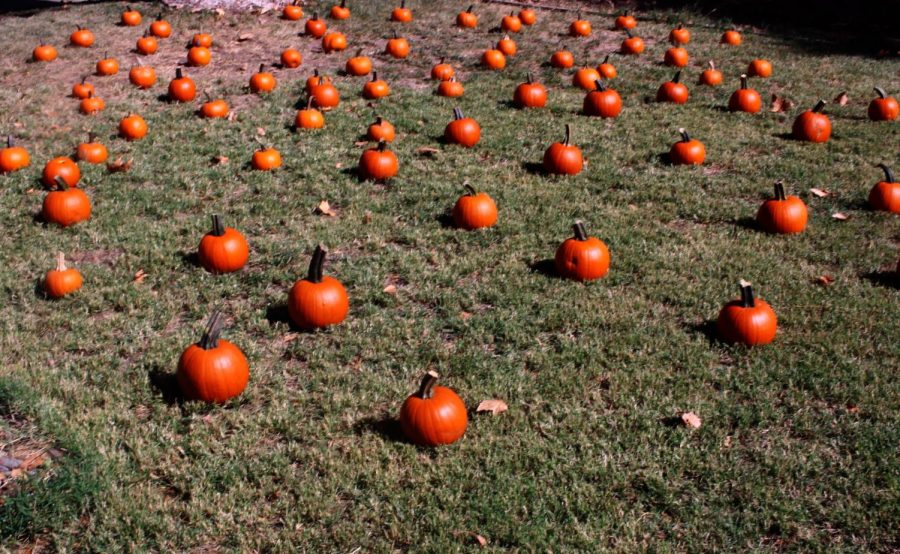The Origin of Halloween
October 28, 2022
As we all know, Halloween is coming right around the corner. It’s overall an exciting time and interesting holiday for some people, and most are very happy it has come back again. But, does anyone really know the origin of the scary holiday?
The holiday first started with the ancient Celtic festival of Samhain. The people who celebrated would light bonfires and wear a scary, intimidating costume to ward off ghosts and evil spirits that may haunt them. History News created an article called ‘History of Halloween’ which states, “In the eighth century, Pope Gregory III designated November 1st as a time to honor all saints. Soon, All Saints’ Day incorporated some of the traditions of Samhain. The evening before was known as All Hallows Eve, and later Halloween.”
The Celts were a group of people who lived in the areas of what is now Ireland, The United Kingdom, and France around 2,000 years ago. They marked November 1st as the day that summer and harvest season ended, and the dark, cold winters had begun. They believed that October 31st was the day that the ghosts or spirits of the dead arose from the ground, haunting them and damaging their crops. Celts believed that the Druids, or the Celtic priests, could predict future events that may happen. For the event, Druids built sacred bonfires of large size and the people crowded around to make sacrifices of crops and animals to the Celtic deities they believed in. They wore costumes during the ceremony and told each other’s fortunes. The costumes were typically made of animal hides and animal heads to look scary or appealing.
Once 43 A.D. had come around, the Romans had taken over the Celtic land. They had two festivals that related to the original Celtic festivals, Feralia and a holiday to honor Pomona, the Roman goddess of fruit and trees. The symbol of Pomona was an apple, which influenced the apple bobbing game in many of today’s Halloween activities.
During the 9th century, Christianity had spread to the Celtic land and influenced a newer holiday called All Souls’ Day. The holiday was celebrated in a very similar way to Celtic origins. They also called the holiday “All-Hallowmas,” the root word Alholowmesse meaning All Saints’ Day.
As it began to spread from European areas to the Eastern Americas and eventually the West, an American version of the Halloween we know today began to form very quickly. Time went on, and the modern day version of Halloween was set into place for the generation of today and celebrated by many every year. The scary holiday we know and love has a deep meaning, a very detailed background and lots of amazing culture.

